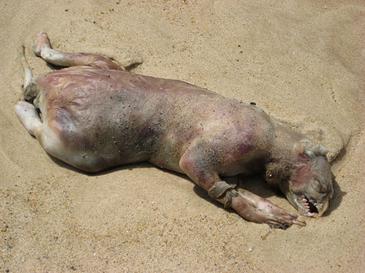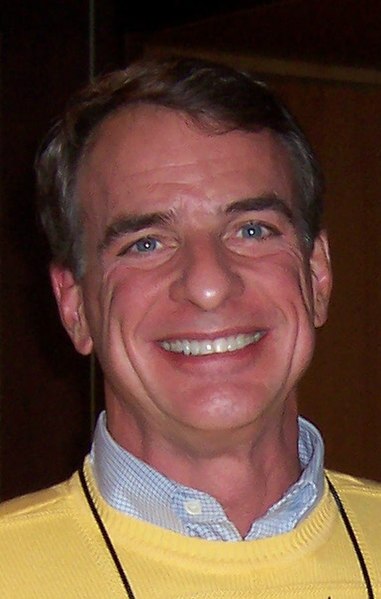Place: Ricardo LT, Drayton House, University College London
For our first panel discussion, UCLU ASHS invited the university's faith societies to explore the topic of secularism. The panel consisted of representatives from UCLU AMSA (Tahir Nasser) and UCLU Catholic Society (Kajtek Skowronski), as well Treasurer Kieran on our behalf, while President Robbie chaired the discussion.
 Each
of the panelists were first given 3 minutes to express their views on
secularism in the UK. AMSA, highlighting citations from the Koran,
advocated a view of 'You for your religion and me for my religion': the
ruling religion in a non-secular state would impose restrictions on the
minority religions. This would conflict with the Islamic principle of
justice, as 'secularism is justice.' Hence, the role of religion in
society should be to guide, but not dictate, legislature. Echoing this
sentiment, CatholicSoc expressed that theocracy will not work in society
- highlighting that Jesus believed the church and state were distinct
-, but that religion should still maintain an active role of positive
moral guidance in a system grounded by secular reason. A note was also
made on how UCL's secular roots was the first university in England to
admit Catholic students. Finally, ASHS brought up the issue that
although the UK policy is to treat all religions as equal, this does not
necessarily prevent the conflicts we would wish for secularism to
prevent. Moreover, the Judeo-Christian foundations of the UK still has
its influences in this society, as evidenced by e.g. the Queen being
Head of State and Bishops in the House of Lords.
Each
of the panelists were first given 3 minutes to express their views on
secularism in the UK. AMSA, highlighting citations from the Koran,
advocated a view of 'You for your religion and me for my religion': the
ruling religion in a non-secular state would impose restrictions on the
minority religions. This would conflict with the Islamic principle of
justice, as 'secularism is justice.' Hence, the role of religion in
society should be to guide, but not dictate, legislature. Echoing this
sentiment, CatholicSoc expressed that theocracy will not work in society
- highlighting that Jesus believed the church and state were distinct
-, but that religion should still maintain an active role of positive
moral guidance in a system grounded by secular reason. A note was also
made on how UCL's secular roots was the first university in England to
admit Catholic students. Finally, ASHS brought up the issue that
although the UK policy is to treat all religions as equal, this does not
necessarily prevent the conflicts we would wish for secularism to
prevent. Moreover, the Judeo-Christian foundations of the UK still has
its influences in this society, as evidenced by e.g. the Queen being
Head of State and Bishops in the House of Lords.As each of the three societies represented were in favour of a secular Britain, then, the Q&A session of the discussion revolved around the more fine-grained differences in their approaches to a secular state. A question from the audience led to reflections from each of the panelists on their stance on government-funded faith schools in the UK. AMSA conceded that allowing for private faith schools will uphold the principle of free will, whereas public schools should teach morality common to all religions, rather than promote any one religion over others. Conflicts within religions are too many and too complex to avoid implicitly favouring one religious view. Contrastingly, CatholicSoc argued in favour of public faith schools by pointing out that the free choice of schools is still maintained, and that government funding is not significantly drained by maintaining faith schools. Moreover, it was stressed that faith schools do not necessarily limit diversity in the student population, as many Catholic schools are attended by a wide variety of non-Catholic ethnic minorities. Countering this, Kieran representing the ASHS reflected on his own experience in Catholic schools, noting that despite being in one of the most multicultural areas in the UK, the vast majority of his peers were Catholic. Nevertheless, faith schools should be upheld, he argued, as this would allow for 'atheist academies', i.e. 'you have to play along to get along.'
The topic of faith schools was further explored in detail between the panelists and the audience members: to what extent is admitting a child to a faith school an act of labelling or priming an individual without self-awareness? Here, CatholicSoc pointed out that regardless of admission to faith school, children cannot be brought up with blank slates, and that as long as faith schools teach the national curriculum, religious supplementary input is not a negative influence if this is what the parents wish for their child. Another issue raised by the audience, was that while public funding of faith schools may not necessarily be financially detrimental, it is also a question of morals, as individuals would not want their tax money to contribute towards values they do not support.
 Following
continued discussion of other less strictly relevant (but inevitable)
issues including human versus religious morality and whether there is
such a distinction, as well as abortion and ethics, each of the
panelists summarised their views. CatholicSoc asserted that a secular
state should not undermine the role of religion, but value well-reasoned
religious beliefs; ASHS cast reflection on how religion will still
inevitably influence a secular state, in particular discussions
regarding abortion and LGBT - an influence which must be accepted for
democratic reasons; while AMSA expressed surprise at the knowledge of
Britain's non-secular influences during the discussion, and stressed
that although a secular state free of any ruling religion would be the
only just form of government, non-secular influences such as the
monarchy should not be removed as this would demonstrate injustice to
the country's heritage.
Following
continued discussion of other less strictly relevant (but inevitable)
issues including human versus religious morality and whether there is
such a distinction, as well as abortion and ethics, each of the
panelists summarised their views. CatholicSoc asserted that a secular
state should not undermine the role of religion, but value well-reasoned
religious beliefs; ASHS cast reflection on how religion will still
inevitably influence a secular state, in particular discussions
regarding abortion and LGBT - an influence which must be accepted for
democratic reasons; while AMSA expressed surprise at the knowledge of
Britain's non-secular influences during the discussion, and stressed
that although a secular state free of any ruling religion would be the
only just form of government, non-secular influences such as the
monarchy should not be removed as this would demonstrate injustice to
the country's heritage.


























